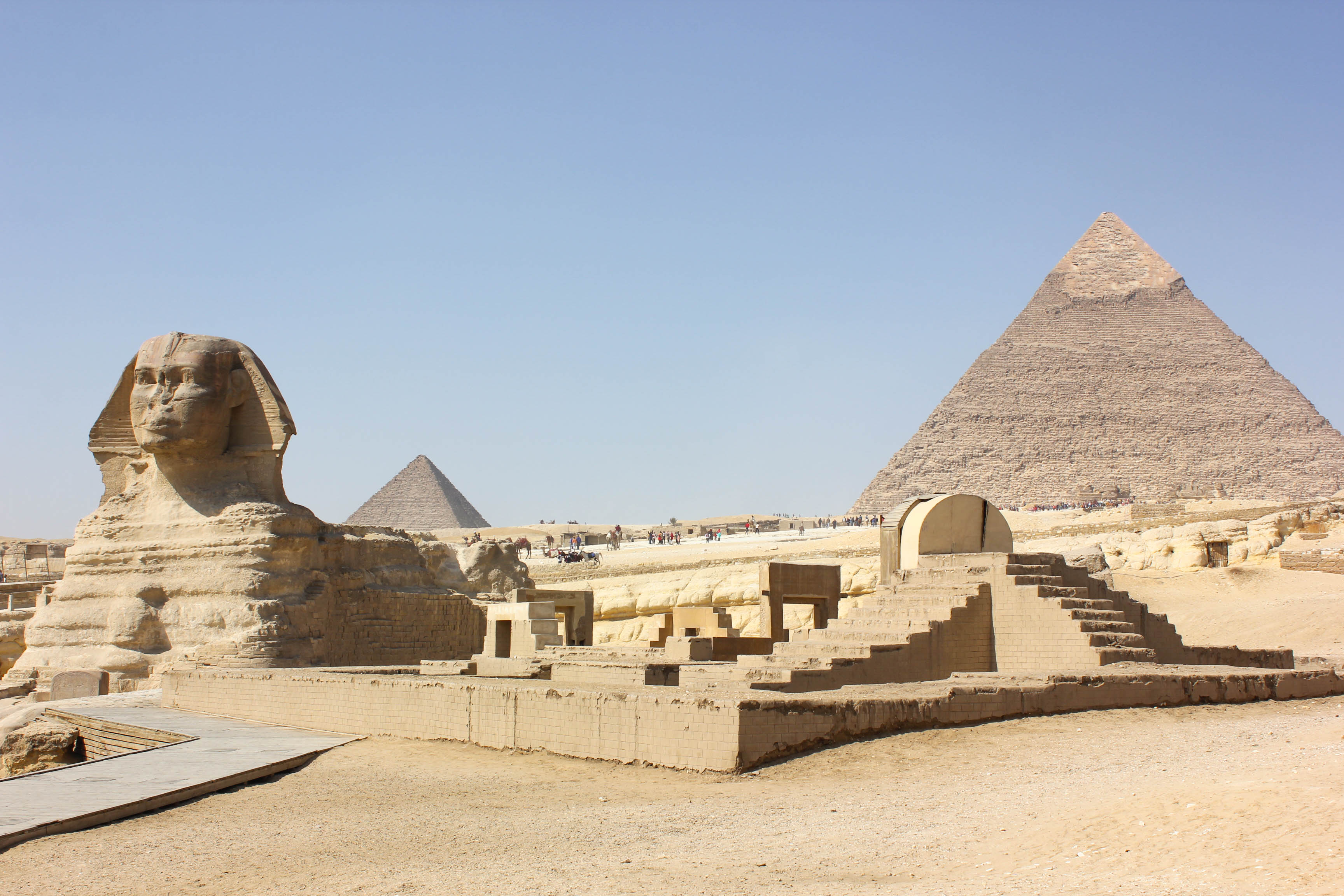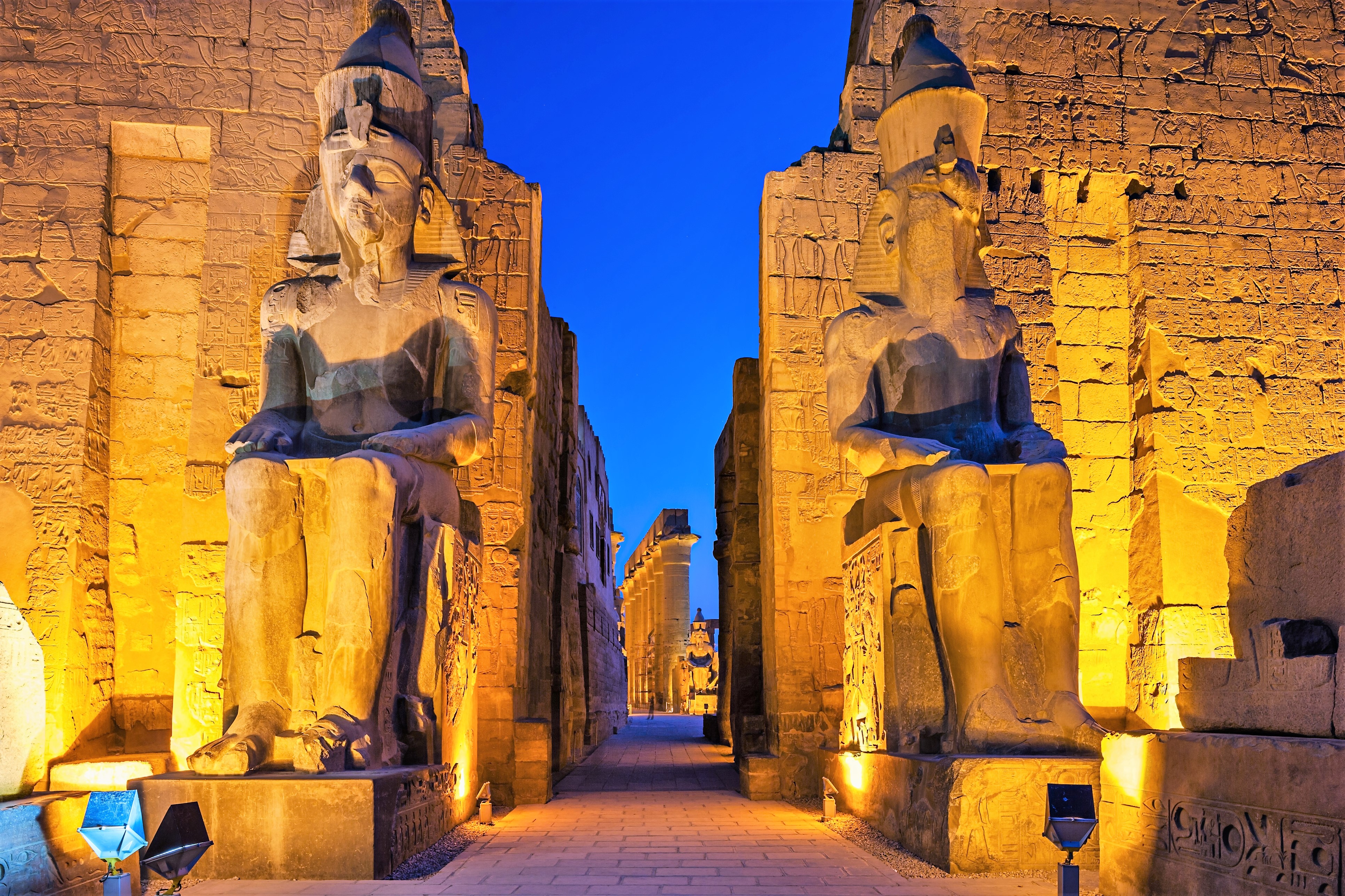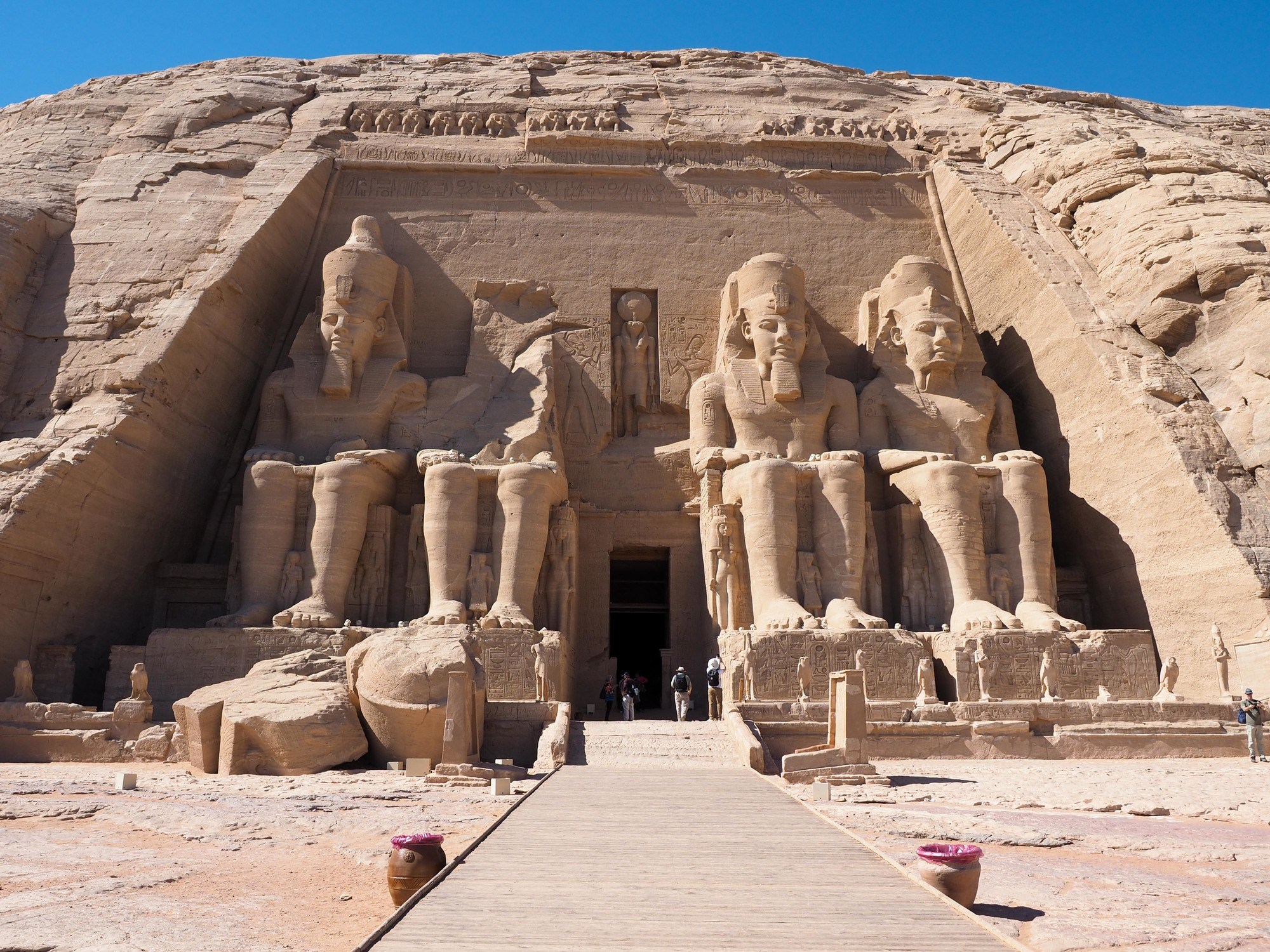Egypt-Iran: A Complex Dance Of Diplomacy And Regional Stability
The relationship between Egypt and Iran, two pivotal powers in the Middle East, has long been characterized by a delicate balance of shared interests and profound ideological differences. For decades, their diplomatic ties have oscillated between cautious distance and tentative rapprochement, reflecting the broader geopolitical shifts in a volatile region. Understanding the nuances of this intricate dynamic is crucial for grasping the trajectory of Middle Eastern politics and the ongoing quest for regional stability. This article delves into the historical context, recent developments, and persistent challenges shaping the evolving relationship between Cairo and Tehran, highlighting the cautious steps taken towards mending a long-standing rift.
The journey towards a potential thaw in relations has been slow and deliberate, marked by significant diplomatic overtures from both sides. Despite a history of estrangement, particularly since the Iranian Revolution, there is a palpable sense that regional and international pressures are now pushing both countries to reassess their political engagement. The prospect of improved relations between Egypt and Iran holds considerable implications, not just for the two nations themselves, but for the wider Middle East and Africa, where the effects of regional hostilities often reverberate.
A Historical Overview of Egypt-Iran Relations
The tapestry of relations between Egypt and Iran is rich with historical threads, some amicable, others deeply strained. Before the seismic shifts of the late 20th century, their interactions were often more cordial. In the 1930s, for instance, Egypt, then under the rule of King Farouk I, maintained amicable relations with Iran, reflecting a period of relative regional stability and shared monarchical structures. This era, however, stands in stark contrast to the decades that followed, where ideological divergence and geopolitical alignments created a significant chasm.
The 1979 Rupture and Decades of Distance
The pivotal moment that fundamentally altered the trajectory of Egypt-Iran relations was the Iranian Islamic Revolution in 1979. Following this transformative event, the two nations severed diplomatic ties, initiating a period of cautious distance that would last for nearly three decades. This rupture was driven by a confluence of factors, including Iran's revolutionary anti-Western stance and Egypt's peace treaty with Israel, which was viewed unfavorably by the new Iranian regime. For over four decades, diplomatic ties between the two nations were severed and subsequently maintained at a minimal level, a stark reflection of the deep ideological and political divide that emerged. This prolonged estrangement meant limited direct communication and a lack of formal channels for addressing shared concerns or regional challenges, forcing both countries to navigate the complex Middle Eastern landscape without direct engagement.
The 2011 Revolution and Renewed Overtures
A significant turning point in the frosty relations between Egypt and Iran came in the wake of the Egyptian Revolution of 2011. This period of profound internal change in Egypt seemed to open a window for Iran to re-evaluate its approach. Recognizing the shifting political landscape, Iran appointed its first ambassador to Egypt in almost 30 years, signaling a clear intent to initiate a new chapter. This move was a bold step, breaking a long-standing diplomatic freeze and indicating Tehran's readiness to engage with the post-revolutionary Egyptian government. The initiative was seemingly encouraged by broader shifts toward more pragmatic policies in the Middle East, where a recognition of shared regional challenges began to outweigh historical animosities. This Iranian push has been persistent, consistently taking the initiative to restore full relations with Egypt, demonstrating a long-term strategic interest in re-establishing formal ties.
Key Diplomatic Engagements: Meetings and Statements
The years following 2011 have seen a series of high-level engagements, underscoring a mutual, albeit cautious, desire for improved relations. These interactions, though not always leading to immediate breakthroughs, have laid the groundwork for future dialogue and cooperation. The very act of senior officials meeting after such a long hiatus is a testament to the evolving dynamics between Egypt and Iran.
- Photos Of Iran In 1970
- Cody Garbrandt Girlfriend
- Westfield Utc
- Russia Iran Turkey
- Iran Olympic Wrestling Team 2024
The Role of Foreign Ministers in Fostering Dialogue
Iranian Foreign Minister Abbas Araghchi has been a central figure in these outreach efforts. His visits to Cairo have been particularly notable, signifying a direct and consistent attempt by Tehran to bridge the divide. Earlier this month, Iranian Foreign Minister Abbas Araghchi, in Cairo for the second time since October last year, explicitly stated that conditions were never riper for an improvement of relations with Egypt. This sentiment was echoed during a joint press conference on June 2, 2025, where Egypt's Foreign Minister Badr Abdelatty and his Iranian counterpart Abbas Araghchi participated. This specific meeting highlights the ongoing commitment to dialogue at the highest diplomatic levels. Araghchi praised Egypt's efforts toward restoring regional stability and emphasized Iran’s commitment to sustained consultation in the coming period. For his part, Abdelatty described the efforts to expand Egypt’s relations with Iran as “significant,” pointing out that both countries agreed to boost their relations in various fields. This mutual acknowledgment of the importance of enhanced ties, despite lingering differences, is a crucial step. Araghchi also noted that Iran and Egypt are “not in a hurry” concerning the exchange of ambassadors, stating, “when our brothers in Egypt are ready, we will be ready,” emphasizing a patient and respectful approach to the process.
Beyond bilateral meetings, broader regional discussions have also involved both nations. Iranian, Egyptian, and U.N. leaders met in Cairo on a Monday to discuss Iran’s nuclear program after the U.N., indicating that even on highly sensitive international issues, there is a recognition of the need for dialogue involving key regional players. The visit of the Iranian Foreign Minister to the Egyptian capital also came as Egypt strived to play a role in keeping the lid on regional tensions, trying to mediate and de-escalate conflicts. This illustrates Egypt's broader foreign policy goal of promoting stability, and Iran's willingness to engage within that framework.
Drivers for Rapprochement: Regional Pressures and Pragmatism
The push for improved relations between Egypt and Iran is not merely an act of goodwill; it is largely driven by pragmatic considerations and the pressing realities of regional dynamics. The Middle East remains a hotbed of conflicts and proxy rivalries, and the absence of communication between major players like Egypt and Iran can exacerbate instability. Regional and international pressures are pushing both countries to reassess their political strategies, recognizing that cooperation, or at least dialogue, can be a more effective path than prolonged animosity.
One significant factor is the shared interest in de-escalating regional tensions. Egypt, in particular, has consistently sought to play a mediating role, aiming to prevent conflicts from spiraling out of control. Iran's willingness to engage with Egypt in this context suggests a recognition of Cairo's diplomatic weight and its potential as a neutral interlocutor. Furthermore, the effects of these hostilities have unfortunately found their way into Africa, particularly countries located in the MENA region, creating a shared concern for regional stability that transcends ideological differences. The economic and security implications of prolonged regional instability provide a strong impetus for both nations to seek common ground.
Challenges and Hurdles: Influence and Alliances
Despite the positive signs of engagement, significant obstacles remain on the path to full normalization between Egypt and Iran. The deep-seated mistrust built over decades, coupled with divergent regional interests, presents a complex challenge. There remain key challenges, such as Iranian influence in the region and its relationship with Egypt's traditional allies in the Persian Gulf. Egypt maintains strong strategic alliances with Gulf Arab states, many of whom view Iran's regional activities with suspicion and concern. Balancing these existing alliances with a potential rapprochement with Iran requires delicate diplomatic maneuvering from Cairo.
Balancing Regional Interests and Traditional Alliances
Cairo officials have been careful to manage expectations and reassure their traditional partners. When discussing measures that might be perceived as conciliatory towards Iran, Cairo officials tell their Iranian counterparts that such measures should not be perceived as hostile behavior toward Iran, but rather as a way to safeguard Egypt’s interests and sovereignty. This nuanced approach highlights Egypt's commitment to its own national security and its existing alliances, even as it explores avenues for dialogue with Iran. The challenge lies in finding a framework for engagement that does not alienate key allies or undermine Egypt's strategic position in the region. The path to full diplomatic normalization, including the exchange of ambassadors, will likely depend on Iran's ability to assuage these concerns and demonstrate a commitment to regional stability that aligns with Egypt's broader foreign policy objectives.
Egypt's Stance Amidst Regional Tensions
The broader geopolitical landscape, particularly the ongoing conflicts and tensions involving key regional actors, inevitably influences the pace and nature of Egypt-Iran rapprochement. Egypt's foreign policy is often characterized by a desire for de-escalation and the protection of its national interests amidst regional turbulence. Currently, Egypt is feeling the most heat from the recent conflict between Israel and Iran, placing it in a precarious position and underscoring the urgency of regional stability.
Condemnation of Israeli Strikes: A Signal of Neutrality
In a notable development, Egypt has condemned military strikes conducted by the Israeli army against Iran, calling the attack a “blatant and extremely dangerous regional escalation” and a “flagrant violation of international law.” This condemnation, coming from a nation with a peace treaty with Israel, is significant. It signals Egypt's commitment to a policy of non-escalation and its concern for the stability of the entire region, rather than taking a partisan stance in the Israel-Iran rivalry. Such a position, while rooted in Egypt's own strategic interests, also inadvertently creates a common ground with Iran in the shared desire to avoid broader regional conflict. It underscores Egypt's role as a potential bridge-builder, capable of engaging with various regional actors without necessarily endorsing their broader agendas.
The Future of Egypt-Iran Relations: A Cautious Optimism
The journey towards a fully normalized relationship between Egypt and Iran is undeniably complex and fraught with challenges. However, the consistent diplomatic overtures from Iran, coupled with Egypt's pragmatic engagement, suggest a cautious optimism for the future. The repeated visits of high-ranking officials, the expressed willingness to boost relations, and the shared concerns over regional instability all point towards a recognition that dialogue, rather than isolation, is the more constructive path forward. The fact that the Iranian FM noted that Iran and Egypt are “not in a hurry” concerning the ambassadors, indicating a patient and long-term view, suggests a strategic rather than reactive approach to rebuilding trust.
The potential benefits of improved Egypt-Iran relations are substantial. They could contribute to greater regional stability, facilitate cooperation on shared security threats, and potentially open new avenues for economic engagement. While the deep-seated issues, such as Iranian influence in the region and its impact on Egypt's allies, remain significant hurdles, the ongoing dialogue demonstrates a commitment to navigating these complexities. The cautious steps taken since the Egyptian revolution of 2011 represent a significant departure from decades of estrangement, marking a new chapter in the intricate dance of diplomacy between these two influential Middle Eastern powers. The emphasis on sustained consultation, as highlighted by Araghchi, indicates a desire for ongoing engagement, regardless of the immediate pace of full normalization. The relationship between Egypt and Iran will continue to be a crucial determinant of regional stability, and its evolution will be closely watched by observers worldwide.
Conclusion
The trajectory of relations between Egypt and Iran, from historical camaraderie to decades of severed ties and now a tentative rapprochement, reflects the dynamic and often unpredictable nature of Middle Eastern geopolitics. The 2011 Egyptian revolution served as a catalyst, prompting Iran to initiate renewed diplomatic overtures, culminating in significant meetings between their foreign ministers and a stated commitment to improved ties. While both nations acknowledge the importance of boosting relations and restoring regional stability, formidable challenges remain, particularly concerning Iran's regional influence and Egypt's strong alliances with Persian Gulf states. However, the pragmatic pressures of regional instability, coupled with Egypt's consistent efforts to mediate conflicts and maintain a balanced stance, suggest a pathway forward. The cautious, yet persistent, dialogue between Cairo and Tehran underscores a shared understanding that engagement, even amidst differences, is vital for navigating the complex landscape of the Middle East. As both nations continue to reassess their political strategies, the future of Egypt-Iran relations will undoubtedly play a pivotal role in shaping the broader regional order.
What are your thoughts on the evolving relationship between Egypt and Iran? Do you believe a full normalization of ties is achievable, or will historical and regional complexities continue to limit their engagement? Share your perspectives in the comments below, and explore more articles on Middle Eastern diplomacy and regional stability on our site.
Table of Contents
- Egypt-Iran: A Complex Dance of Diplomacy and Regional Stability
- A Historical Overview of Egypt-Iran Relations
- The 2011 Revolution and Renewed Overtures
- Key Diplomatic Engagements: Meetings and Statements
- Drivers for Rapprochement: Regional Pressures and Pragmatism
- Challenges and Hurdles: Influence and Alliances
- Egypt's Stance Amidst Regional Tensions
- The Future of Egypt-Iran Relations: A Cautious Optimism
- Conclusion

Pyramids and Sculpture of Old Kingdom Egypt

Egypt 2019 - Billings Chamber of Commerce

8 of the Best Ancient Sites to See in Egypt